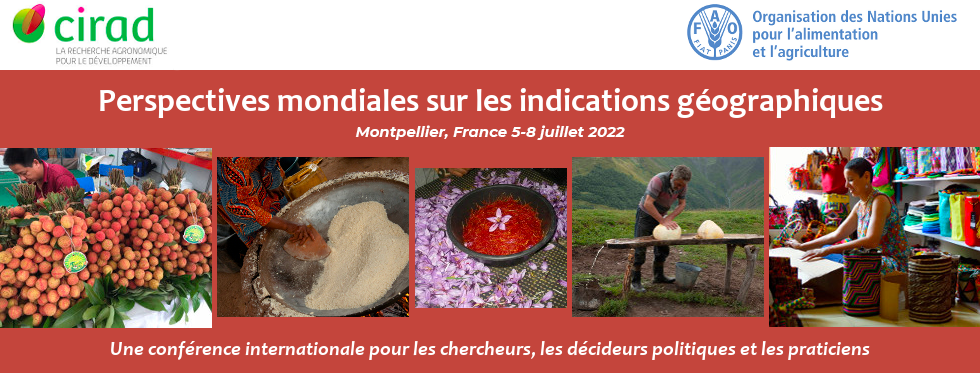GI Application Process: Promote counseling and assistance
In the GI system, local and regional public actors as well as larger political actors (potential „bundler“ regions/Bavaria) have an essential role to play. Especially in Member States where the GI system has not been historically established, there is no instrumentalized support for (potential) producer groups. It is often up to GI producers to go through the formal process of becoming protected. Products without a strong producer group risk being lost in this process. In other cases, market participants of potential GIs must first be convinced of EU-wide protection and the administrative process. From experience, the application process sometimes deters producers because of high administrative costs/efforts. Especially in countries where consumer awareness is below average, the cost-benefit ratio is perceived negatively. Institutionalized assistance could effectively reduce administrative costs for producers groups and support them along this process.
Food Promotion Policy: (National) state co-financing
Until 6 years ago – with regulation 1144/2014, there was a lower co-financing rate via EU sales promotion and the additional possibility/necessity of co-financing by national authorities. The financial breakdown was e.g. as follows: 50% EU, 30% MS, 20% producer group.
Now there is a higher financing by the EU with a share of 70% EU (for domestic markets) and 30% producers. For the Bavarian State there is no possibility of subsidy (no „driving force“).
Since there is no longer an option of co-financing, state authorities are largely excluded from the application process of promotion projects. In the past, the application process (developping well prepared concepts) was largely handled by local authorities. Now it is a standalone for applicants – a challenge especially for small associations.
At the same time, regions and competent authorities should have the opportunity to promote GIs in their domestic market. With a greater importance of quality products (especially GIs) in sales promotion, traditional producer groups can offer consumers better information and thus guidance. They should be educated about products with high typicity from their own region in order to better address the goals of the Green Deal and strengthen local identity as part of the European guiding principle ‚United in diversity‘.
Role of Bavaria
For almost three decades now, Bavaria has been systematically pursuing the expandation of the EU-protection for its own specialties. On the part of the Bavarian State Ministry of Food, Agriculture and Forestry, there is a strong interest in strengthening GIs and supporting new applicants. In doing so, the Ministry can draw on a network of experts, to provide specialized support. Under the brand WeltGenussErbe (World culinary heritage), the Ministry promotes Bavarian GIs. Since the 1990s, more than 280 traditional, typical Bavarian products have been recorded in a database (www.spezialitaetenland-bayern.de).
Concrete suggestions for strengthening the GI system:
- Promoting consultation and assistance with GI applications.
- Empowerment of regions: promotion of product identification, promotion of regional/local structures, development of regional databases (Cf. Spezialitätenland Bayern)
- Re-introduction of optional (national) state co-financing with simultaneous possibility to promote domestically
- Focusing sales promotion on quality products

 PDF version
PDF version
